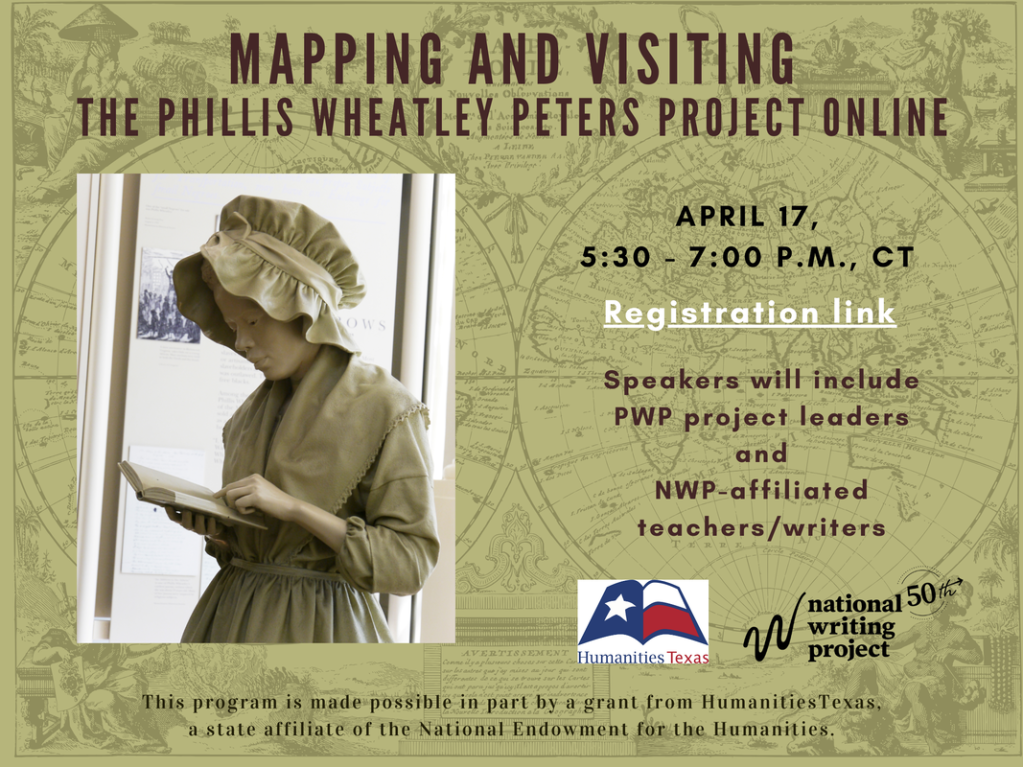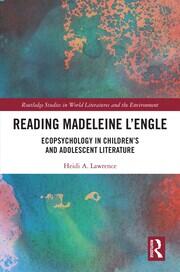Emily Dickinson International Society, Annual Meeting, July 26-28, 2024
EDIS’s Annual Meeting returns to Amherst! This year’s theme, “Neighbor Dickinson,” celebrates the reopening of Austin and Susan Dickinson’s home The Evergreens, which has been closed to the public since 2019, and the publication of the first new complete edition of Dickinson’s letters in almost 70 years. Talks and panel presentations will discuss the idea of neighborliness, what it was like to have Dickinson as a neighbor, and what neighborliness meant to her. Talks will focus on family and friends at The Evergreens and throughout Amherst, and those like Charles Darwin who inhabited her intellectual neighborhood. As well as showcasing exciting new Dickinson scholarship, the meeting includes open tours of the Dickinson houses, a walking tour of Dickinson’s neighborhood (taking in downtown Amherst and Wildwood Cemetery), and a luncheon in the Museum gardens.
Special events include a marathon reading inspired by the new edition of Dickinson’s letters and an opportunity to transcribe the manuscripts of nineteenth-century letters written by Dickinson’s neighbors. In addition to these activities and presentations, the meeting gathers “Dickinson Communities” to discuss research, pedagogy, translation, and the arts.
Join us in Amherst, 26-28 July 2024, to learn more about Dickinson and her neighborhood and to celebrate and share insights about her life and writings.
Further Information, including the draft program and details of how register, is available here: https://www.emilydickinsonmuseum.org/edis-annual-meeting-2024/

